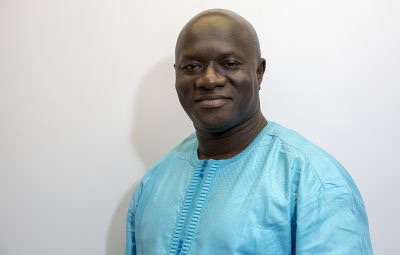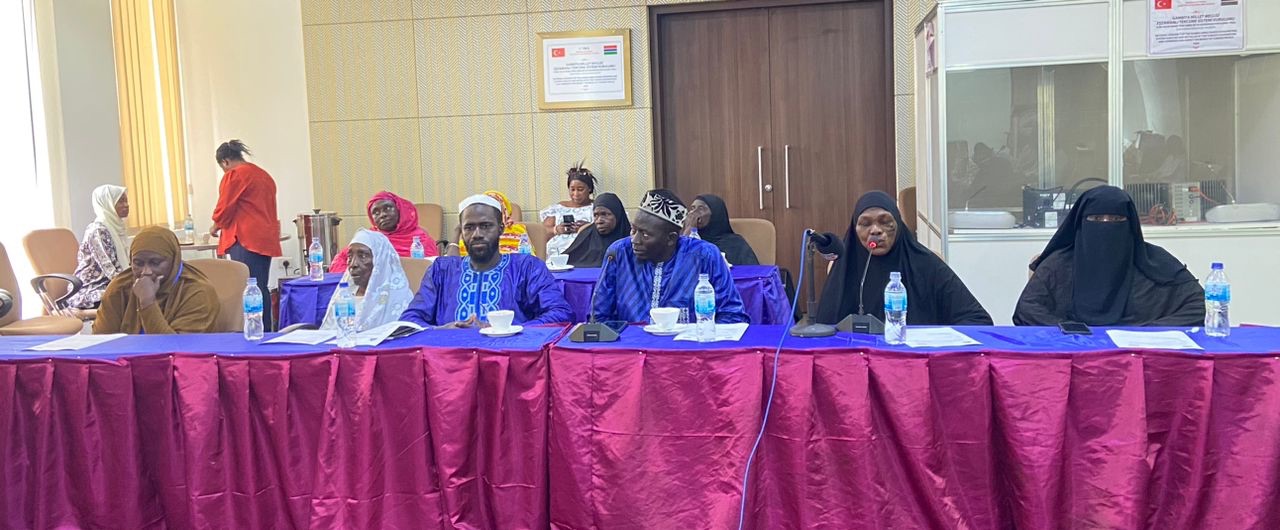By Mustapha Jarju
The Executive Director of the Gambia Organization of the Visually Impaired (GOVI), Mr Lamin Colley has revealed that their organization which is the only running school for the blind in the country located in Kanifing has spent more than D3 million on their annual educational program.
Colley revealed in an interview that a lot of finance has been spent within the year considering the transportation cost, salaries of drivers, cleaners in the schools, and the feeding program of providing fifty (50) students with lunch on daily basis.
“Looking at the braid papers we normally use and the salary of the other supporting staff and all the staff that are involved in this process and when you look at the monthly expenditure coming to utilities like water and electricity and the internet, in a year we spend D3 to D4 million,” he estimated.
He said it is globally agreed that education of the blind is the most expensive form of education throughout the world, that the materials the students use in school as very expensive an example of one Braid machine which the blind use for writing will cost nothing less than D20,000 with other expensive technological devices.
“We have printing machine, which we call braid embosser, this is what we use to translate textbooks from print to braid and this is very expensive equipment”, he said, adding that they are currently facing challenges as a result of the Covid-19, but which they are still trying to provide accessible learning to the visually impaired children.
However, he said they still find it difficult to provide most of the materials for their children, “at least we had a lot of support in terms of braid machines but those braid machines are still in use and the only problem is we are unable to get some of their spare parts, we have a braid technician here whenever there is a problem he repairs them,” he added.
Colley further mentioned that some of their former students are still having their digital recorders, but the newly admitted students are yet to receive their materials, at the moment they depend more on oral learning.





